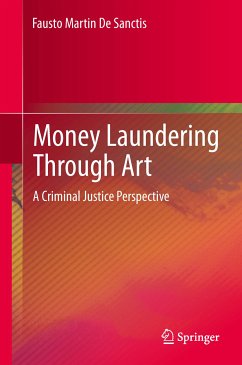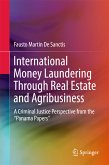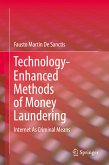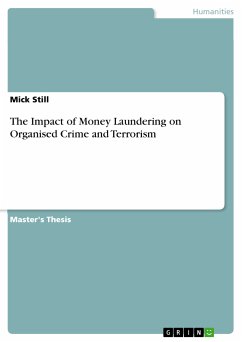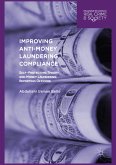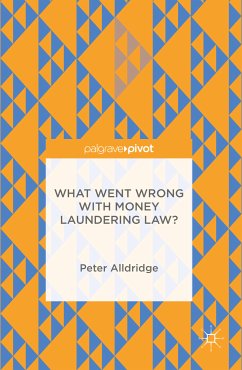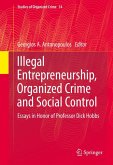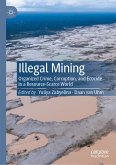Addressing this gap in the literature, Money Laundering Through Art: A Criminal Justice Perspective can serve as a guide for academics, prosecutors, judges, law enforcement officials and others involved in efforts to curb money laundering and the financing of terrorism. It provides an overview of methods of money laundering through art, as well as specific case studies. Additionally, this book reveals why new techniques used by criminals have been largely neglected by law enforcement in many countries.
The author, drawing from his own experience with the matter in both Brazil and the United States, makes a case for broader institutional and regulatory improvement, extending beyond mere regulation of the art market. He concludes with a number of concrete recommendations to improve the fight against illegal money laundering via artwork.
Dieser Download kann aus rechtlichen Gründen nur mit Rechnungsadresse in A, B, BG, CY, CZ, D, DK, EW, E, FIN, F, GR, HR, H, IRL, I, LT, L, LR, M, NL, PL, P, R, S, SLO, SK ausgeliefert werden.

